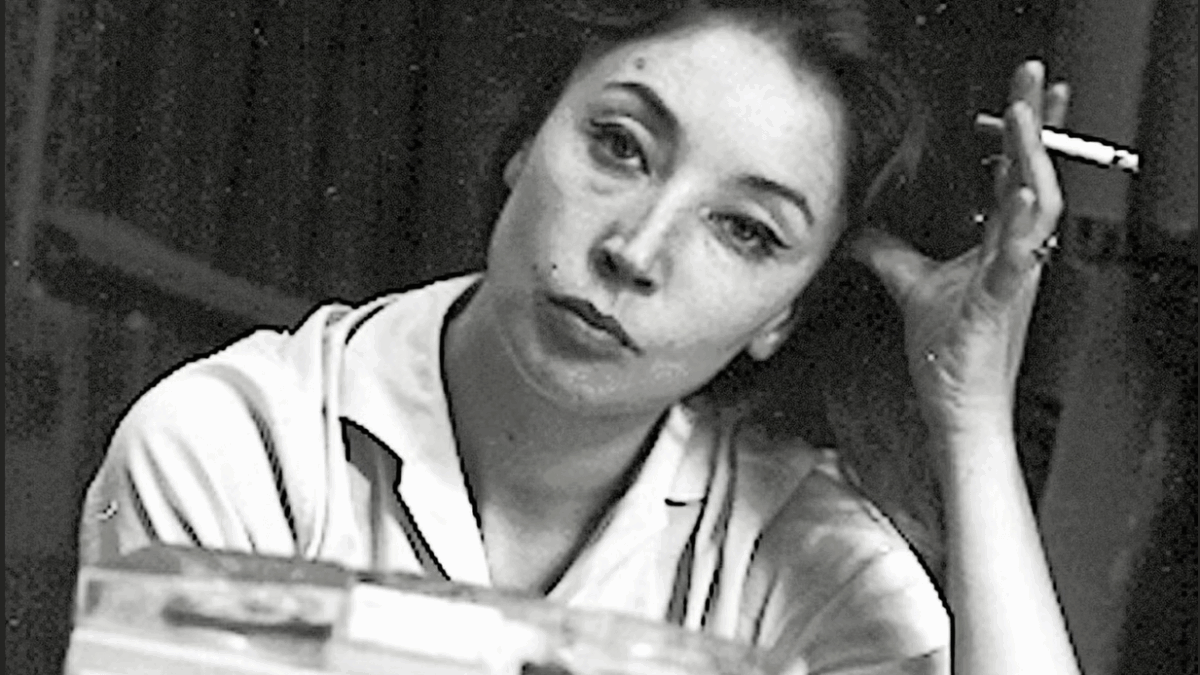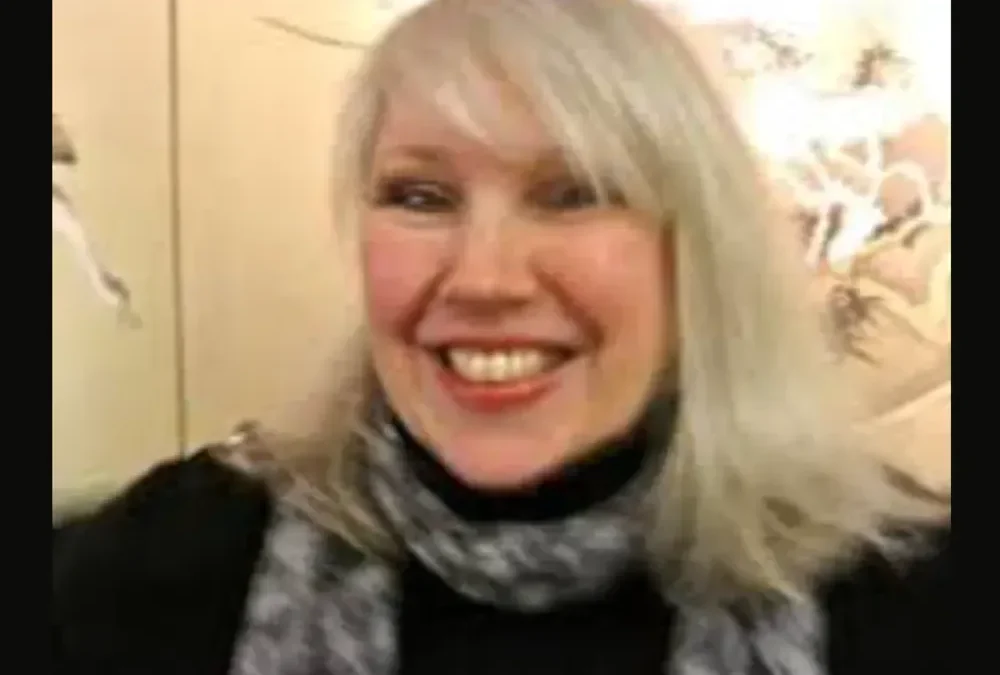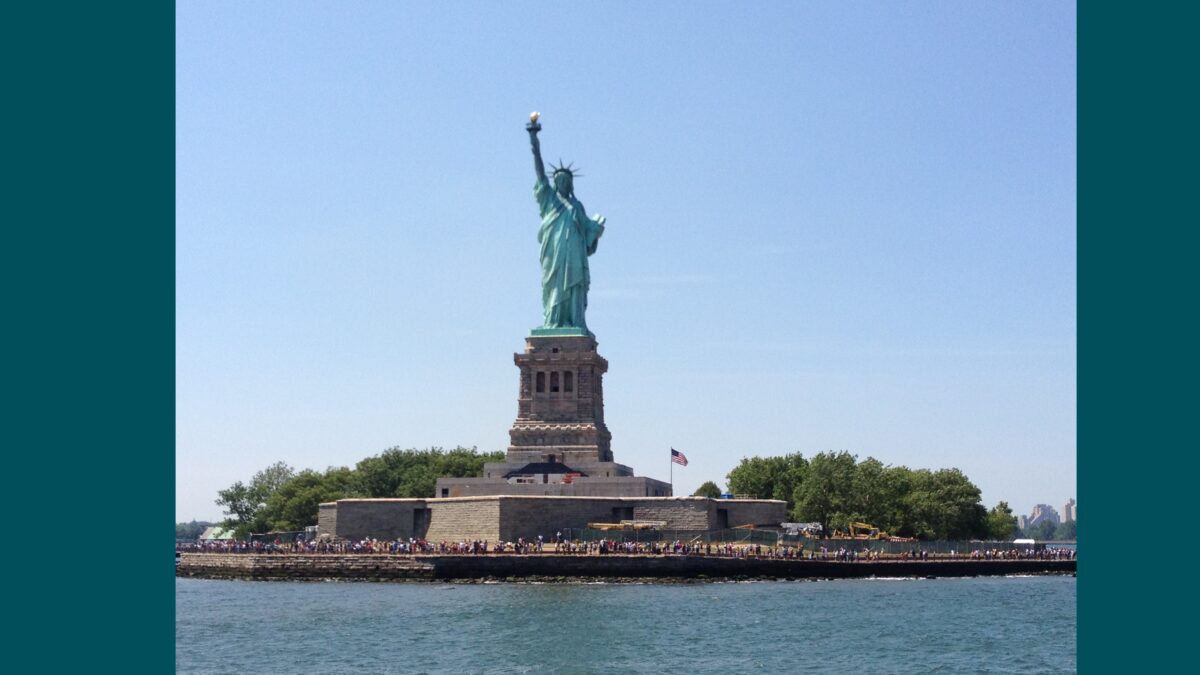Christopher Clay: Observations on Pride
Many within the gay and lesbian community are quietly pulling away from the newly radicalized LGBTQ+ community. I know I missed several letters, because at this point, it just looks like a difficult password required to access your bank account. Many typical gay, lesbian, bisexual and transgender people have no idea what half the letters stand for at this stage.
The extremists within this community are creating backlash and hatred of the entire community that has not been seen in decades. It is important not to lump the gay and lesbian folks you have known for decades into this new radical category. We truly still just want the same basic human rights as everyone else. We are not asking for any special treatment. Every single gay, lesbian, and ally in my circle is against many of the actions of the current movement, but our voices are silenced by the loud progressive side, which is too often embraced and echoed by the mainstream media.
Thankfully, groups like Gays Against Groomers are gaining a foothold in the conversation when not silenced by liberal outlets like Facebook or YouTube. Currently, groups that speak out against grooming children and support scientific concepts that there are only two genders are quickly labeled as hate groups. Many of us in the gay and lesbian community oppose the concepts of a nonbinary gender and pronoun affirmation. We believe there are only two genders and that no child under the age of eighteen should be allowed any type of transgender surgery or treatment. This is not because we hate the trans community, rather, it’s because we know the severe and life-altering consequences of such an irreversible surgery. We stand against these ideologies and the demand for special rights.
This crusade for “special rights” is offensive to many of us in the gay and lesbian community, and we believe this is what is fueling so much of the hatred against the current movement. When I began my journey as a gay man in the 1980s, discrimination was still quite rampant, but it was better than the decade before. As we moved into the 1990s, we kept advancing in terms of equal rights. By the 2000s, civil unions were becoming the norm in some states, eventually followed by marriage. What started as a fight for basic human rights in the 1960s had advanced well beyond our expectations.
READ MORE — Beth Ann Rosica: West Chester Council lies to media, public on “hate-filled,” “vitriolic” response to canceled LGBT event
Pride events in major cities were common by the 1990s and 2000s. Most took place in June, as this is the anniversary of the infamous Stonewall Riots that took place in late June of 1969. At a small bar in New York City, patrons would regularly get arrested just for gathering and being associated as homosexuals. There were no laws to protect us. On June 28, 1969, the customers fought back. With little to no news coverage and nary a recording device, we know many patrons in the bar took part in the uprising. That certainly included gay men, probably some gay women, likely some men in dresses, some drag queens, and even some transvestites.
Some men just liked putting on a dress and others made it a performance art similar to what Milton Berle did years earlier. The group was united for a single cause — basic human rights against unjust oppression.
A year later in 1970 in New York City, there was a gay liberation day parade. The same group that fought for their lives marched, including men and women, and probably some drag queens, too. Based on historical photographs, we know most of the marchers were men.
This parade sparked a movement. A few years later, in June 1978, the original six-color rainbow flag made its debut at the San Francisco Gay Freedom Day Parade celebration. It was designed by artist Gilbert Baker at the request of San Francisco City Supervisor and the first openly gay elected official in the history of California, Harvey Milk. The flag became the symbol of the community for decades to follow, and when I refer to the community, I mean anyone — man, woman, white, black, Asian, Latino, gay, lesbian, bisexual, bear, twink, etc.
A decade letter in the 1980s, LGB (lesbian, gay, bisexual) was the acronym. Soon after, the T was added to represent transgender people, and LGBT (or GLBT) was the acronym for decades. To fully understand it all, you had to either live in the community or know someone very well that did. With the 1990s and the height of my 20s and 30s in full swing, everything seemed to be moving along well. Acceptance was reaching all-time highs, and a large number of police forces and companies would see their LGBT population recognized and respected.
I attended my first major Pride Parade in 1994 in the Twin Cities. Only 25 years after those dark days of Stonewall in New York City, the police force was marching with us, not looking to beat us. For the most part, Pride events were still grassroots, supported by the community and often owners of the many gay bars and clubs.
It was during these times when I became acquainted with transgender folks. Never once was I reprimanded for not getting the gender right. What I did get was an incredible conversation about their journey. In the late 1990s and into the early 2000s, only adults could transition. In order to do so, this required a mental health evaluation before drugs or surgery could be done.
While transgenderism is real, it’s currently being pushed on children as part of radical gender ideologies. The rise of children identifying as transgender or non-binary should be alarming to most, as it is directly related to the ideology being pushed in schools and other institutions.
When next June’s celebrations occur, I wish for equal rights for everyone and the end of the expectation of special rights for any group.
The ‘70s, ‘80s, and ‘90s were very active times for the gay, later LGB, later LGBT community. So much was gained, so much respect was earned, so many equal rights laws were passed. For a while, we all just coexisted as human beings in society.
When did things start to change? I believe it started in the mid-2010s. Division started to take hold of the gay community and the pride flag that had served us so well for four decades started to take on a new style and many more colors. More letters were added to the LGBT ensemble, yet those four letters really included everyone. For decades, marching as the LGBT population with a rainbow flag had been 100 percent inclusive, but now, some in the community begged to differ. And so division among race, among politics and among the transgender community quickly took hold.
This would begin a dark period that has taken an incredibly hard-fought movement in the wrong direction. Many feel we are moving backwards, demanding radical ideologies, and hatred is fueled within the community towards those of us who have different political beliefs and say “keep the children out of it.” On this long road to respect, we worked hard to separate ourselves from extreme groups like NAMBLA. Sadly, now the association has returned. Hatred towards our community members in the police force has been most notable and disturbing considering what important allies they had become.
It’s important to note that division in our country as a whole has been a critical piece of the damage within the LGBT community. The inability of adults to hold conversations on difficult topics leaves us more divided than united. It’s critical that we as a nation come together. If we unite as a nation, maybe communities of LGBT folks or communities of color can also unite again.
Let’s focus on basic human rights, a society with law and a focus on science, and a renewed effort to treat mentally ill or drug-addicted citizens. Change comes from within, and it starts with speaking up and out for a better tomorrow. It also requires both sides to have a conversation and at a minimum land somewhere in the middle.
As Pride month comes to an end, my hope is that we can return to the original point of the movement which is unity and respect. When next June’s celebrations occur, I wish for equal rights for everyone and the end of the expectation of special rights for any group. Let’s leave our children out of this adult issue and return the movement to its rightful place in history.
Christopher Clay is a graduate of Widener University and a proud member of the community. He has worked directly with all groups of members, starting in the mid-1990s when he worked for many years in LGBT nightlife. He has been a member of the Log Cabin Republicans since 2019 and has documented much of our LGBT history in his own blogs and websites.





It only took 50 years to go from a nuclear traditional view on marriage and family to the insanity we have today. This is the power of money, propaganda and fear-based so-called “hate” laws. LGBTQ+ is an abbreviation for various groups that do not even have common causes. The trick of “New Speak” is to frame any debate through the clever use and abuse of language to re-engineer the culture. The children are the targets – that’s the point – and our leaders know that. Our culture leaders want to keep dragging (pun intended) your children into this insanity. Via sex education programs at a young age in elementary and middle school, the social engineers know that the developing mind once exposed to information will quite literally obsess over it especially in their developing years. This has happened in a variety of ways, but as new words and definitions are seeded as memes into society, social engineers are able to control and guide the debate around key issues. Most (not all) LGBTQ+ proponents do not see the family as a universal norm, they instead see traditional marriage as a constant reminder of their abnormality and thus their rabid focus on destroying the nuclear traditional concept of marriage and family. Many are artists and create their modern art (Disney, etc.) targeted at children. The elites that control society promote non-reproductive sex as a way to reduce the population on the planet. The key question to continuously ask when observing, large scale, dis-info and propaganda campaigns in our modern society is this: Who benefits from this ‘issue’ via money and power?
Or do you not know that the unrighteous will not inherit the kingdom of God? Do not be deceived: neither the sexually immoral, nor idolaters, nor adulterers, nor men who practice homosexuality, nor thieves, nor the greedy, nor drunkards, nor revilers, nor swindlers will inherit the kingdom of God. 1 Cor. 6:9-10
Reality will hit you like if Obergefell is overturned, especially if you live in one of the 32 states still with same-sex marriage bans in their state constitutions or legislation on state books. Almost no GOP-led states have been willing to repeal these laws.
Gay marriage polls negatively among registered GOP voters, especially weekly churchgoers/Evangelicals. These people vote like clockwork in GOP primaries, especially in deep red states, and candidates must appeal to them.
Democrats are registering, in record numbers currently, instead as Republicans. Look into it. They are terrified of Trump. They are true believers and still believe in fair elections and cannot believe that the ballots are stuffed already. When the Republicans get routed in 2024 the troubles will begin in earnest in the United States. France will recover because their elections are not rigged; and, those people will not tolerate the crazy foolishness that is going on there.
Loosen the tin foil hat a bit